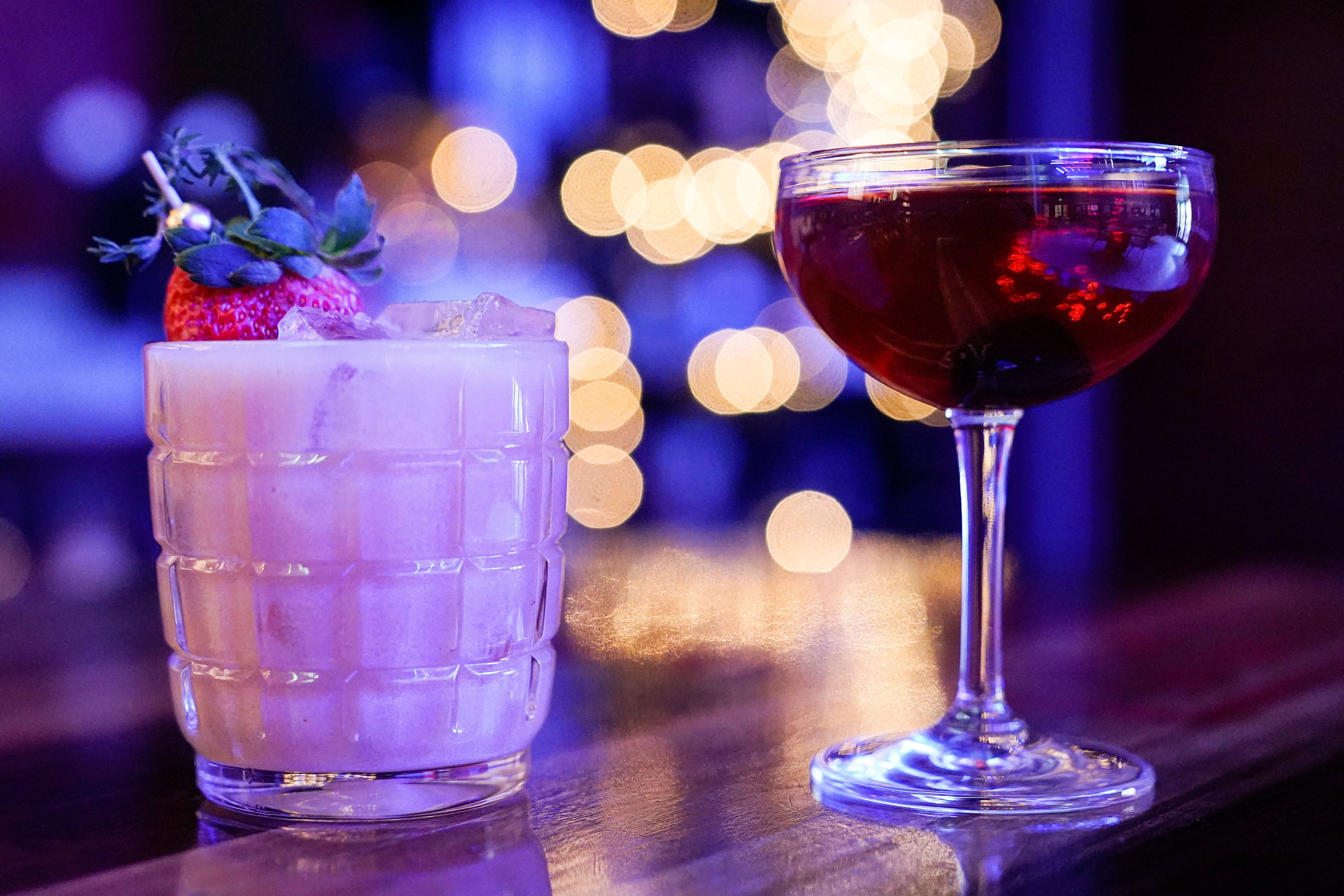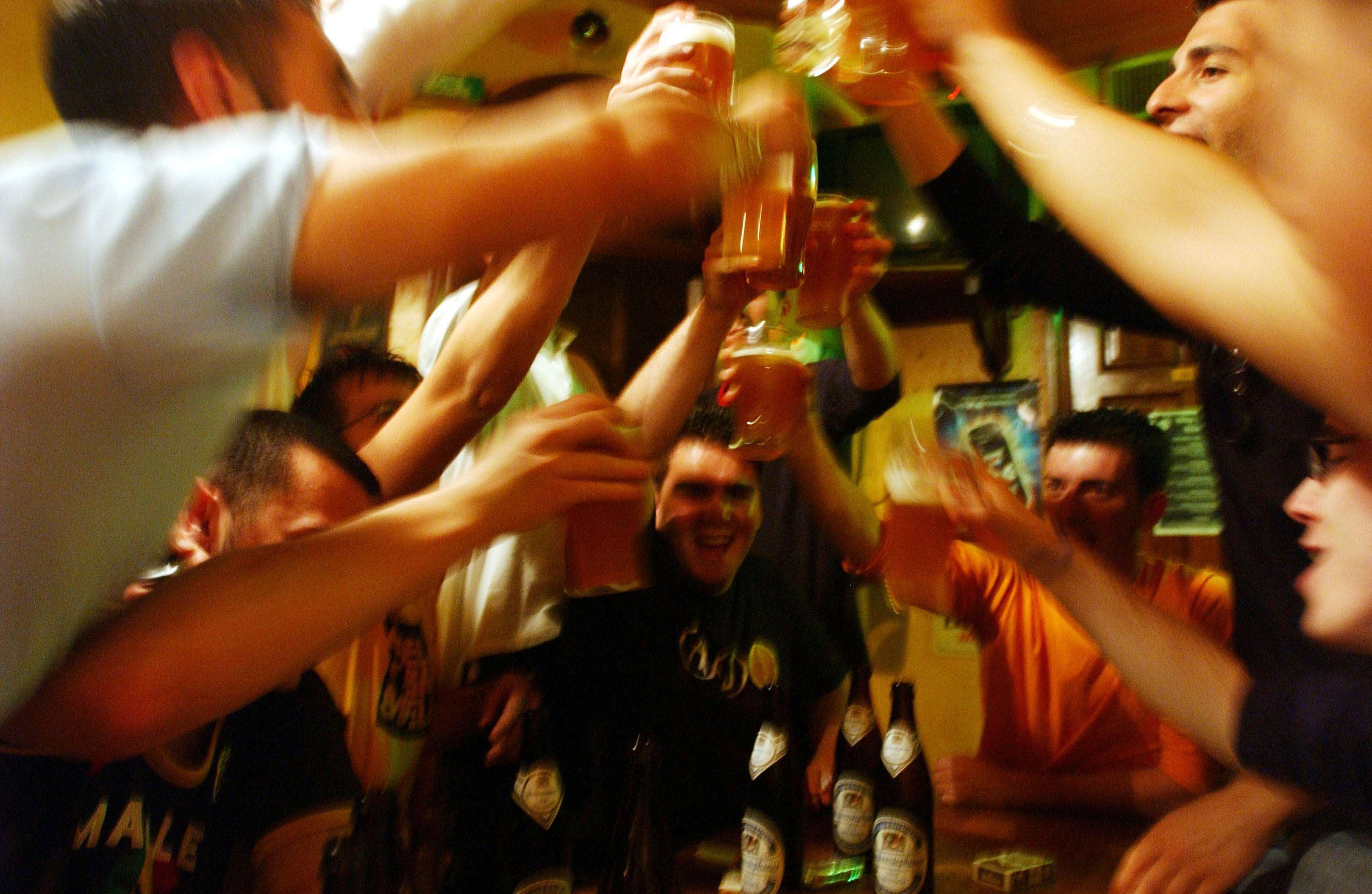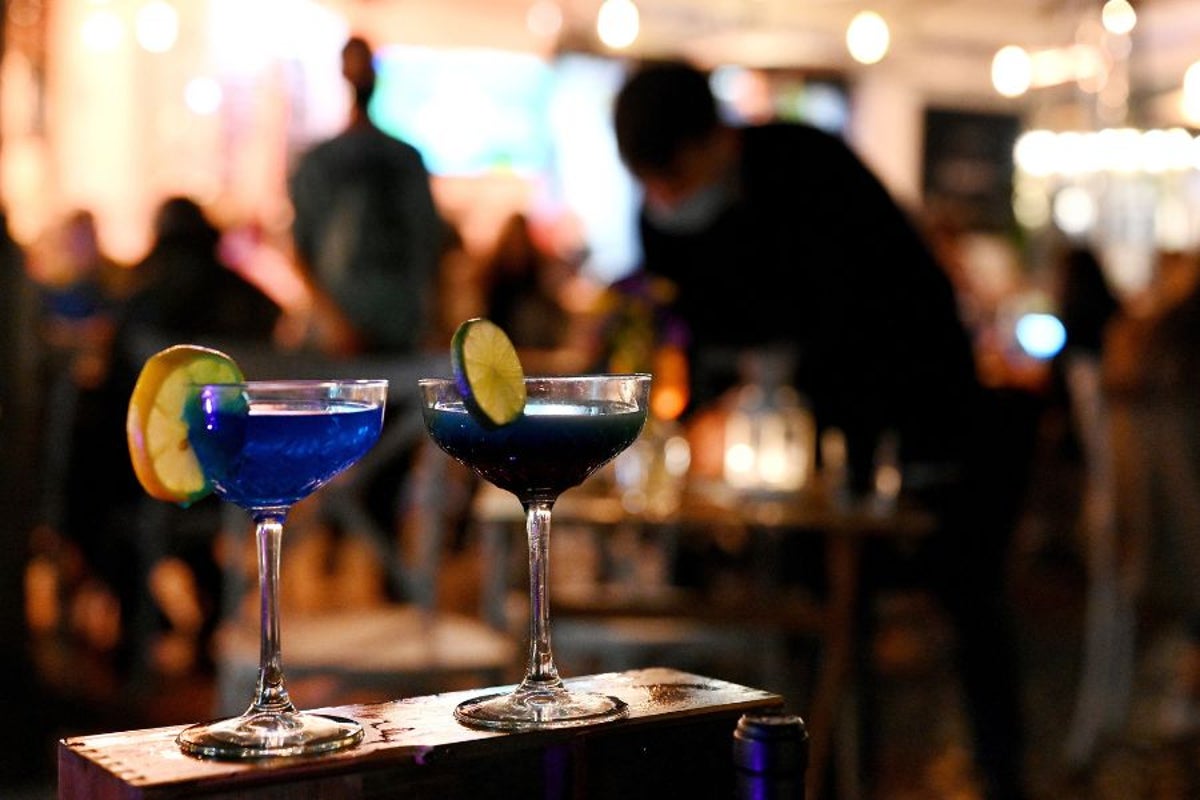California law now requires bars and nightclubs to offer drink lids to customers upon request in an effort to prevent spiking.
The legislation builds on previous efforts to combat drink spiking in nightlife settings. Last year, Assembly Bill 1013 was passed which mandated prominent signage informing patrons that drug-testing kits are available.
Assembly Bill 2375 goes a step further by requiring establishments to post a sign reading, “Don’t get roofied! Drink spiking drug test kits available here. Ask a staff member for details.”
The same Assembly Bill, which went into effect on Tuesday, also requires any venue where alcohol is sold for on-site consumption to keep lids on hand and provide them when asked.
Data on drink spiking is limited, but surveys suggest it’s a widespread issue. A 2016 study in the American Psychological Association’s journal “Psychology of Violence” found 8 percent of U.S. college students believed they’d been drugged, while a 2022 global survey reported 18 percent had experienced it, CalMatters reports.

“You can’t see them. You can’t taste them. You can’t smell them, and they leave the body within 24 hours, so you can’t even test that it’s in somebody’s system if they’d been roofied,” Rep. Josh Lowenthal, who wrote the Bill, said at a September Assembly floor session, according to CalMatters. Lowenthal has experience in the nightlife sector, having previously ran a nightclub.
Bar owners across Los Angeles expressed little concern over the new rule. A representative from the Mother Lode in West Hollywood told The Los Angeles Times the change was minimal.
“There weren’t lids here before and now they are. Not much has changed; it doesn’t cost nothing,” the representative said.
The bar now keeps a stack of plastic lids at the end of the counter, available free of charge.
The bill, which passed unanimously in both the Assembly and Senate, was backed by LGBTQ+ advocacy groups and alcohol safety organizations, including the California Alcohol Policy Alliance and the Sacramento LGBT Community Center.

Although bars are not required to offer lids automatically, they must provide them if requested and are allowed to charge a “reasonable” price if they choose.
“I agree with it,” Jeannie, a regular at The Watering Hole bar in Clairemont, San Diego, told CBS8.
“Provide the lids for the cups for drinks—to prevent yourself from getting really hurt or injured by creeps. You can throw a napkin on top, but that’s not as safe as if they actually give you a cover to put on top of it,” she added.
Nate Ashby, the general manager at The Golden Bear, told KCRA that the new legislation could mean extra costs, but he knows safety comes first.
“Safety’s the most important thing for us because if you don’t feel safe somewhere, you’re not going to go there,” Ashby said.
The California Department of Alcoholic Beverage Control, which oversees liquor licenses, will be responsible for enforcing the law. However, there will be no immediate special enforcement efforts.
Instead, ABC inspectors will notify venues that are not in compliance during routine visits. “Our focus is on education and notifying license holders,” Devin Blankenship, a spokesperson for the department, told The LA Times.
Failure to comply with either the new or previous law could put an establishment’s liquor license at risk, but for now, the effort remains on awareness and prevention.



